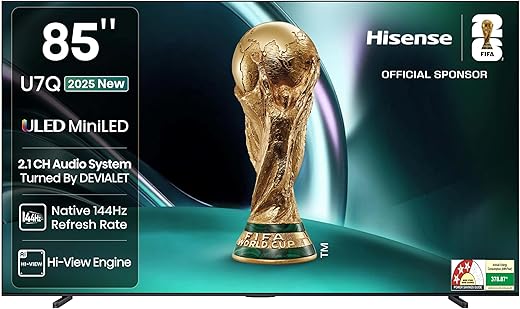In a significant turn of events, popular Chinese smartphone brands including Oppo, OnePlus, and Realme, have been compelled to exit the German mobile market due to an ongoing patent lawsuit. These brands, which fall under the BBK Group, find themselves embroiled in legal disputes initiated by Nokia, a prominent company in the region. The outcome of the lawsuit could potentially jeopardize their access to the German market, prompting them to cease sales operations.
The Nokia Patent Lawsuit:
Nokia alleges that the BBK Group brands have infringed upon a Nokia 4G standard essential patent (SEP) related to WLAN connectivity components in smartphones. The implications of losing the lawsuit could lead to these brands losing their foothold in the German market. Oppo and OnePlus have already suffered defeats in their respective cases against Nokia, resulting in the suspension of their smartphone sales in Germany. Vivo, another BBK Group brand, had been negotiating with Nokia to renew the patent agreement but ultimately had to close its online store in Germany.
Consequences for the BBK Group Brands:
The BBK Group’s fourth brand, Realme, has also decided to limit its smartphone business in Germany due to the patent dispute. Realme’s executives have expressed a preference for focusing on other parts of Europe where they do not face similar legal challenges. The BBK Group companies are seeking negotiations regarding the patent terms, but they argue that Nokia’s conditions are unfair and discriminatory.
Impact on the German Mobile Market:
The exit of Oppo, OnePlus, and Realme from the German mobile market has significant implications for the industry and consumers. These brands have gained a substantial following in Germany, offering competitive features and pricing. With their withdrawal, German consumers will have limited options and fewer alternatives to choose from in the highly competitive smartphone market.
Moreover, the absence of these BBK Group brands opens up opportunities for other players in the market, particularly Xiaomi and Samsung. These companies can capitalize on the gap left by their Chinese rivals and expand their market share in Germany. It also provides an opportunity for local and regional brands to gain more visibility and attract consumers who were previously inclined towards BBK Group brands.
Nokia’s patent protection efforts have proven successful so far, with Oppo and OnePlus losing their legal battles. This outcome strengthens Nokia’s position and emphasizes the importance of protecting intellectual property rights in the mobile industry. Other smartphone manufacturers will likely take note of these developments and prioritize legal compliance to avoid similar disputes and potential market exits.
Conclusion:
The patent lawsuit against BBK Group brands has forced Oppo, OnePlus, and Realme to withdraw from the German mobile market. The outcomes of the ongoing legal battles will shape the future of these brands’ operations in the region. German consumers will experience a reduction in available smartphone options, while competitors such as Xiaomi and Samsung have a chance to fill the void and expand their market presence. Nokia’s successful patent protection efforts highlight the significance of intellectual property rights in the industry, serving as a reminder to other manufacturers about the importance of legal compliance. The repercussions of this lawsuit extend beyond the BBK Group brands, impacting the competitive landscape of the German mobile market.













































































































































































